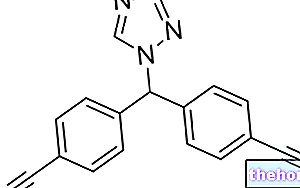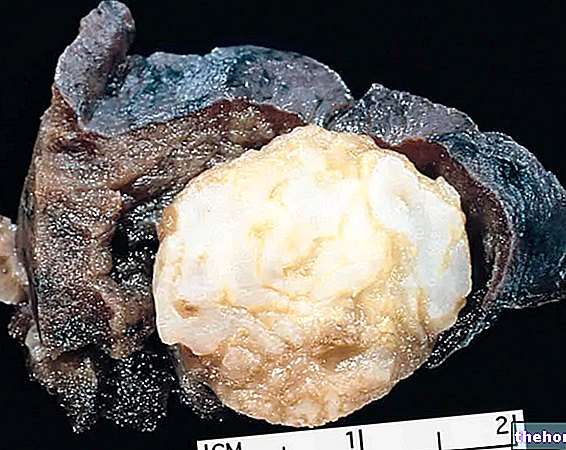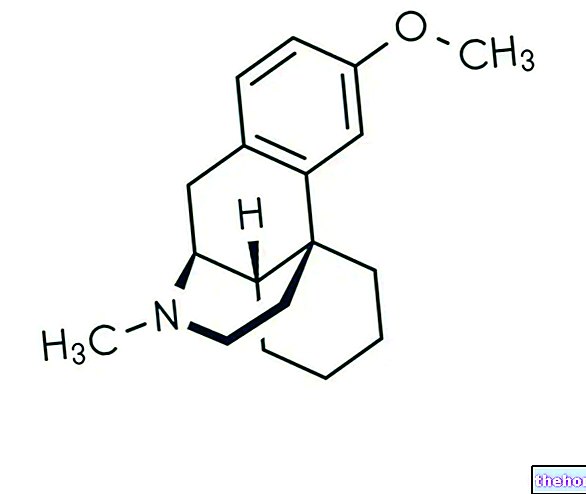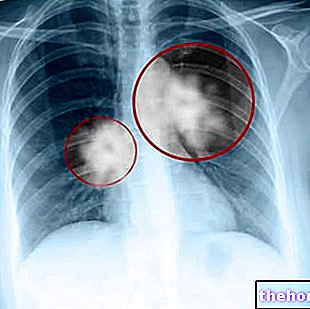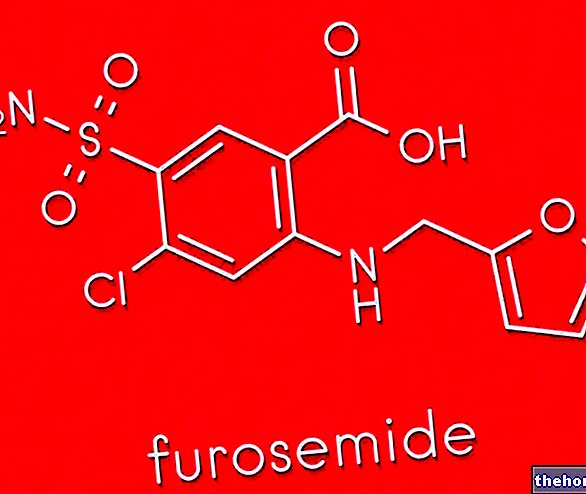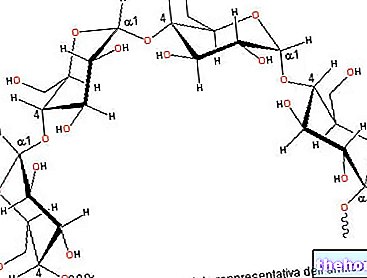Multiple myeloma is characterized by the proliferation and accumulation in the bone marrow of an abnormal plasma cell clone. Plasma cells belong to the normal immune system, in particular they are the result of the maturation of B lymphocytes; the latter are responsible for the production of antibodies (called also immunoglobulins), which protect us from infections.

In most cases of multiple myeloma, the tumor mutation causes the myeloma plasma cell to produce large quantities of an "immunoglobulin known as a monoclonal component (also called" paraprotein "," M component "or" M-protein ", where" M " stands for monoclonal). Excess of this paraprotein can cause kidney problems and damage other tissues and organs. The uncontrolled growth of plasma cells can also cause alterations in other blood elements (white blood cells, erythrocytes and platelets), leading to anemia, bleeding disorders (thrombocytopenia) and immune system deficiency (leukopenia). Finally, a particular substance produced by myeloma cells stimulates the activity of the osteoclasts leading to the progressive destruction of the bone tissue.
Multiple myeloma is diagnosed with blood and bone marrow tests, protein electrophoresis in the urine, and radiological investigations. Disease remissions can be induced with steroids, chemotherapy, proteasome inhibitors, immunomodulatory drugs (such as thalidomide or lenalidomide) and stem cell transplantation.
or to particular chemical substances (petroleum derivatives and other hydrocarbons, solvents, pesticides, asbestos, etc.). Familial genetic factors, repeated antigenic stimulations and viral agents may also participate in the etiology of multiple myeloma.


